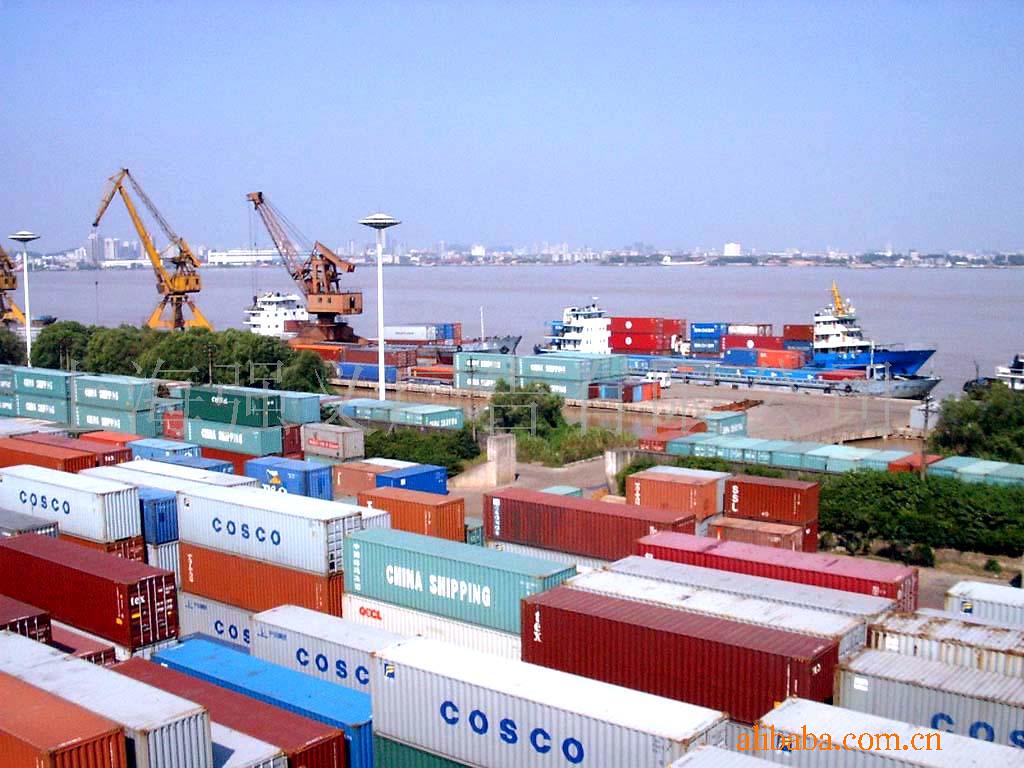Special preferential import tax policies taking effect from 2018
The Vietnamese government has just issued ten decrees to implement Vietnam’s special preferential import tax commitments made in its free trade agreements with various partners.
There are some outstanding features in the 2018 special preferential import tax. The decrees outline the special preferential import tax rates Vietnam will provide its different partners and include detailed tables naming the eligible goods categories.
Accordingly, listed goods imported and directly transported from partner countries and meeting the origin of goods requirements (holding a certificate of origin issued by the partner country and Vietnam will be applied reduced import tax (or even exemption) as specified in the relevant trade agreement and decrees.
| Decrees detailing Vietnam’s new preferential import tax policies | ||
| Decree | Related FTA | Period |
| Decree No.149/2017/ ND-CP | Vietnam-Korea Free Trade Agreement (VKFTA) | 2018-2022 |
| Decree No.150/2017/ ND-CP | Vietnam-Eurasia Economic Union Free Trade Agreement (VN-EAEU FTA) | 2018-2022 |
| Decree No.153/2017/ ND-CP | Agreement on Trade in Goods signed with the ASEAN and China | 2018-2022 |
| Decree No.154/2017/ ND-CP | Vietnam-Chile Free Trade Agreement (VCFTA) | 2018-2022 |
| Decree No.155/2017/ ND-CP | Vietnam-Japan Economic Partnership Agreement (VJEPA) | 2018-2023 |
| Decree No. 156/2017/ ND-CP | ASEAN Trade in Goods Agreement (ATIGA) | 2018-2022 |
| Decree No. 157/2017/ ND-CP | Agreement on Trade in Goods under the Framework Agreement on Comprehensive Economic Co-operation among the Governments of Member Countries of ASEAN and the Republic of Korea (AKFTA) | 2018-2022 |
| Decree No. 158/2017/ ND-CP | Agreement Establishing the ASEAN-Australia-New Zealand Free Trade Area (AANZFTA) | 2018-2022 |
| Decree No. 159/2017/ ND-CP | ASEAN-India Trade in Goods Agreement (AIFTA) | 2018-2022 |
| Decree No. 160/2017/ ND-CP | ASEAN-Japan Comprehensive Economic Partnership Agreement | 2018-2023 |
The ten decrees are effective from January 1, 2018 and are applicable in the 2018-2022 period, with decrees 155 and 160 being applicable during 2018-2023.
Specifically, up to 2018, as many as 5,535 tax lines have been removed under the VN-EAEUFTA, focusing on goods which are input materials for export and production, such as textile and garment materials, leather footwear, electronic components, and plastic materials.
3,720 tax lines under are going to be removed, including milk, chemicals, paper, iron and steel, machines and devices, among others.
Pursuant to AIFTA, 59 per cent of tax lines will be cut in 2018 (equivalent to 5,668 lines) focusing on processed meat, fishery products, vegetables, and fruits.
According to Pham Tuan Anh, deputy director general of International Cooperation Department at the Ministry of Finance, these changes promote the development and innovation of science-technology and reaching international standards.
Evaluating the effects of the tax cuts, Pham Tuan Anh confirmed: “It will have a remarkable impact on the price of goods this year, decreasing state budget revenue. However, almost all FTAs are in the final stages of implementation and the value reduction is not as much as before, so the impacts will not be as sharp.”
Source: customsnews.vn
